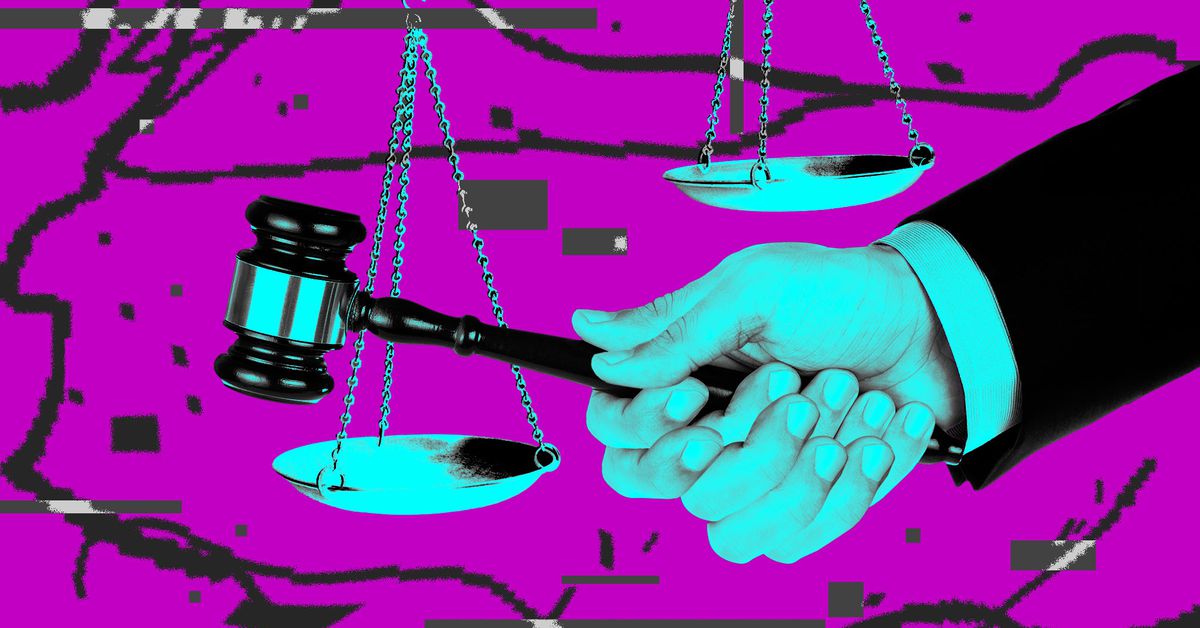A bipartisan group of senators introduced a new bill to make it easier to authenticate and detect artificial intelligence-generated content and protect journalists and artists from having their work gobbled up by AI models without their permission.
The Content Origin Protection and Integrity from Edited and Deepfaked Media Act (COPIED Act) would direct the National Institute of Standards and Technology (NIST) to create standards and guidelines that help prove the origin of content and detect synthetic content, like through watermarking. It also directs the agency to create security measures to prevent tampering and requires AI tools for creative or journalistic content to let users attach information about their origin and prohibit that information from being removed. Under the bill, such content also could not be used to train AI models.
Content owners, including broadcasters, artists, and newspapers, could sue companies they believe used their materials without permission or tampered with authentication markers. State attorneys general and the Federal Trade Commission could also enforce the bill, which its backers say prohibits anyone from “removing, disabling, or tampering with content provenance information” outside of an exception for some security research purposes.
(A copy of the bill is in he article, here is the important part imo:
Prohibits the use of “covered content” (digital representations of copyrighted works) with content provenance to either train an AI- /algorithm-based system or create synthetic content without the express, informed consent and adherence to the terms of use of such content, including compensation)



This is essentially regulatory capture. The article is very lax on calling it what it is.
A few things to consider:
Laws can’t be applied retroactively, this would essentially close the door behind Openai, Google and Microsoft. Openai with sora in conjunction with the big Hollywood companies will be the only ones able to do proper video generation.
Individuals will not be getting paid, databrokers will.
They can easily pay pennies to a third world artist to build them a dataset copying a style. Styles are not copyrightable.
The open source scene is completely dead in the water and so is fine tuning for individuals.
Edit: This isn’t entirely true, there is more leeway for non commercial models, see comments below.
AI isn’t going away, all this does is force us and the economy into a subscription model.
Companies like Disney, Getty and Adobe reap everything.
In a perfect world, this bill would be aiming to make all models copyleft instead but sadly, no one is lobbying for that in Washington and money talks.
Yup, I fucking knew it. I knew this is what would happen with everyone bitching about copyright this and that. I knew any legislation that came as a result was going be bastardized and dressed up to make it look like it’s for everyone when in reality it’s going to mostly benefit big corps that can afford licensing fees and teams of lawyers.
People could not/would not understand how these AI models actually processes images/text or the concept of “If you post publicly, expect it to be used publicly” and here we are…
Removed by mod